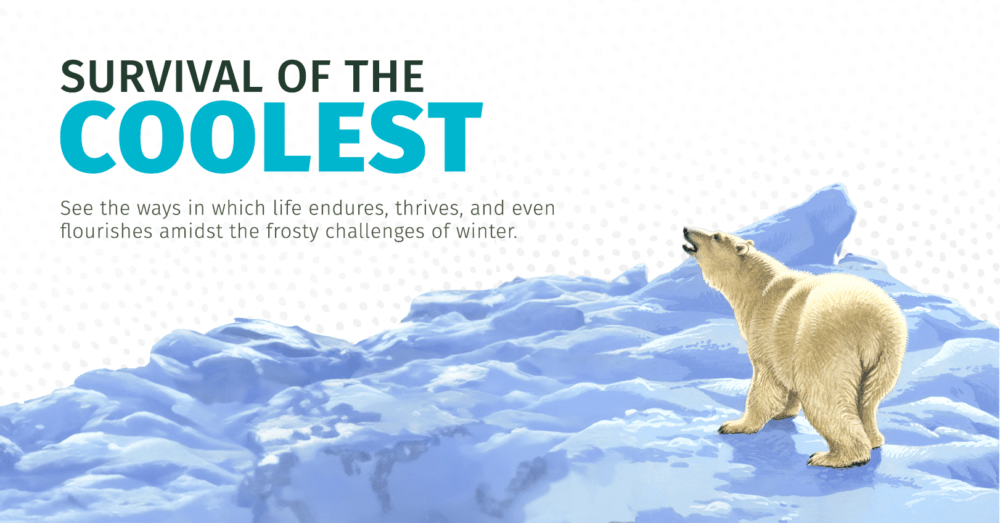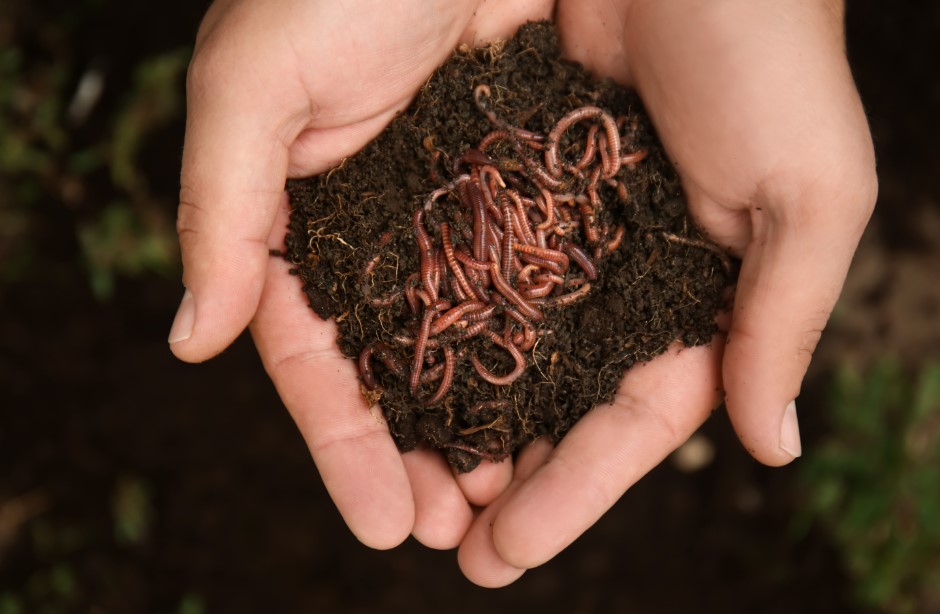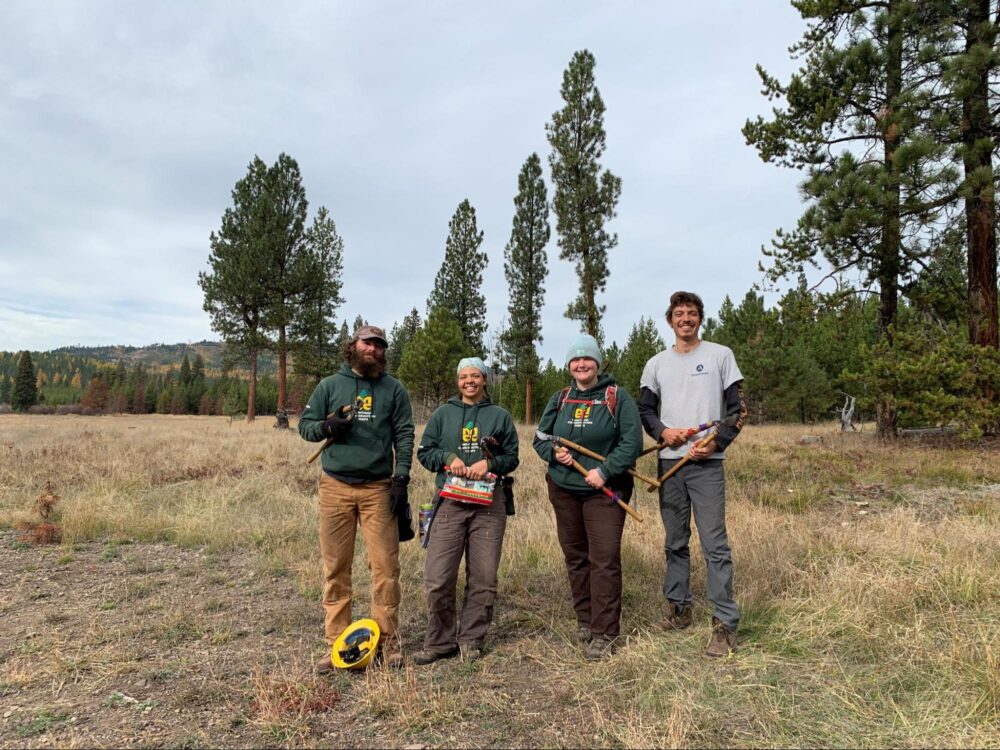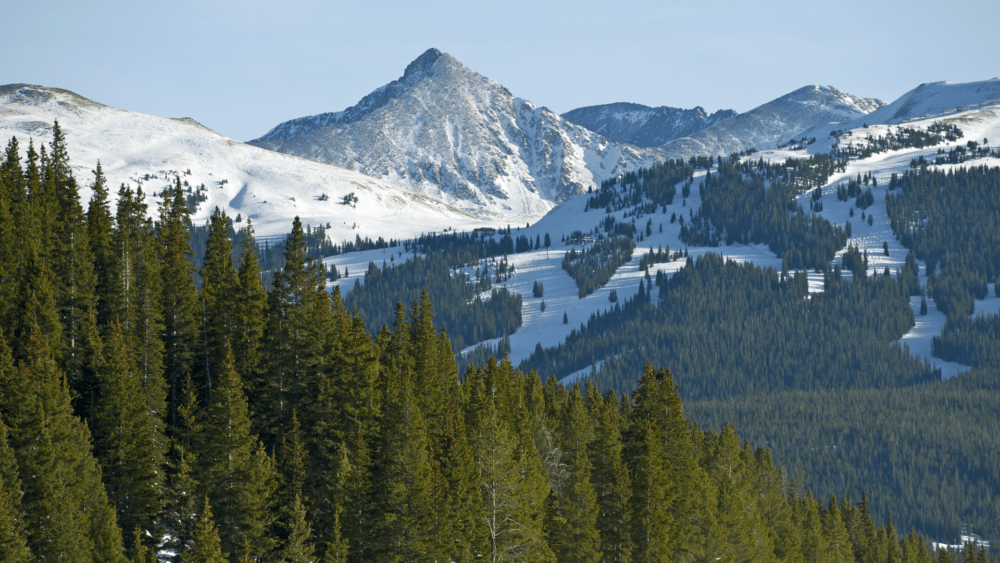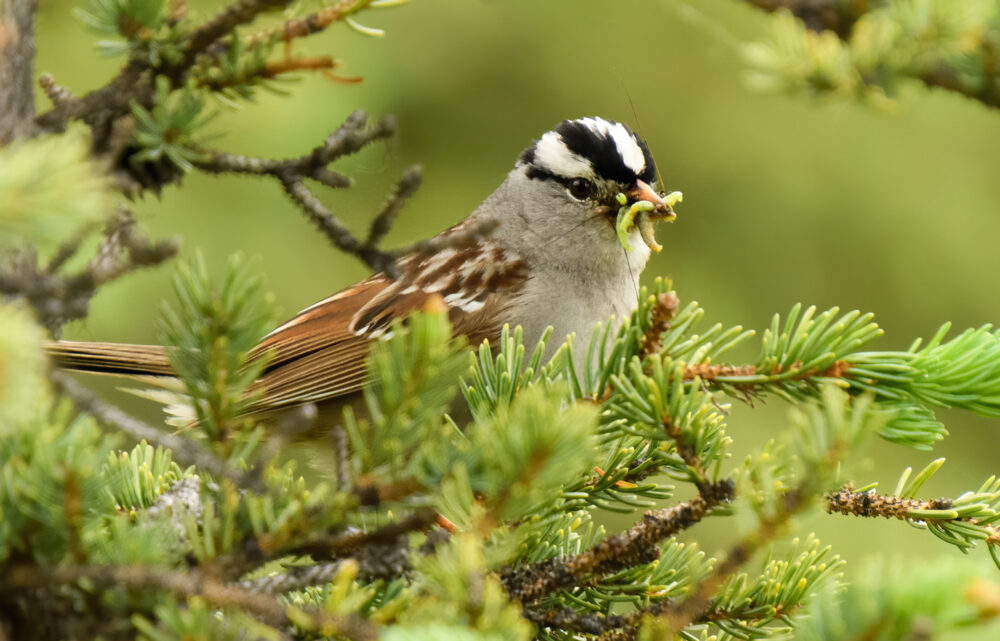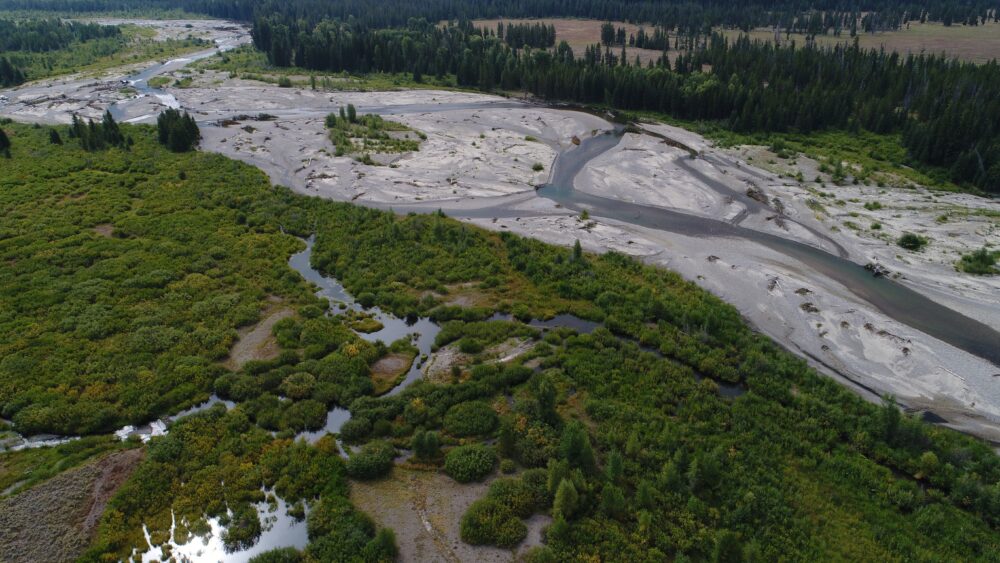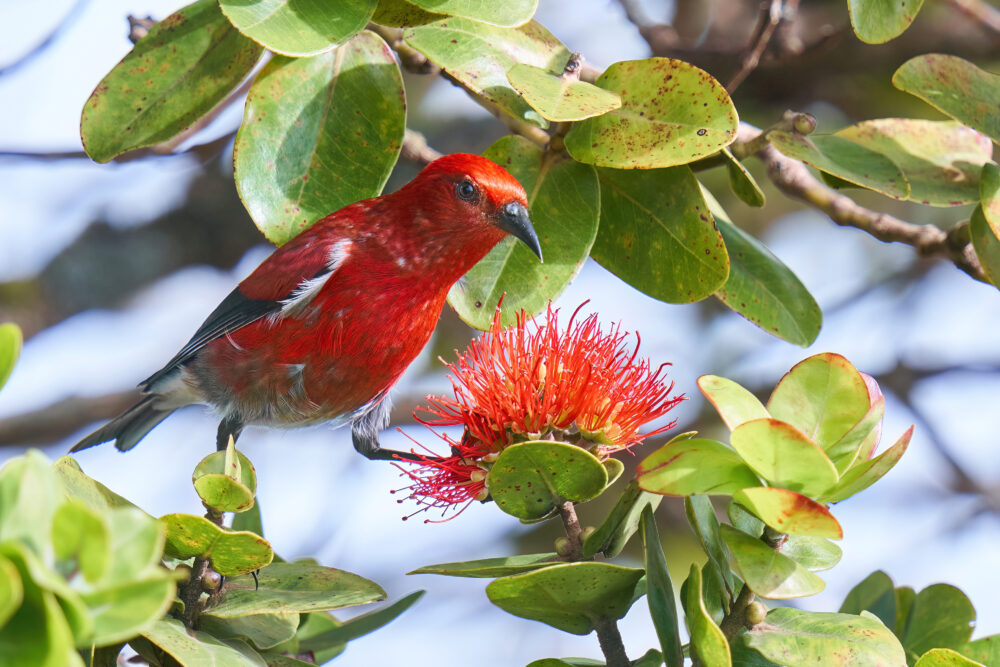We have much more to do and your continued support is needed now more than ever.
It’s National Wildlife Week on Wildlife Promise, and beyond!
Today kicks off the 73rd National Wildlife Week, and we’ll be posting here each weekday in a series that celebrates wildlife. The first post in our series is Monday for Mammals.
Before we skip to the furry hibernating good stuff, a bit of background on this annual celebration. A recent Kaiser Family Foundation study unearthed the fact that American children spend 7 hours and 38 minutes per day using electronic media. It’s no wonder it seems our kids recognize more corporate logos than species of wildlife. NWF hopes children will take a walk on the wild side this week—and stay there, for their physical health and engagement with the natural world.
Spring Has Sprung!
The vernal equinox sprung clocks ahead this weekend, so we benefit from one more hour of daylight to get out and explore. Around this time, much of the animal kingdom is waking up from their winter hibernation. Animals like bears, chipmunks, and groundhogs are leaving their dens and stretching their legs for the first time in months.
Black bears are one of the masters of hibernation—they can go for more than three months without eating, drinking, or even going to the bathroom. Black bears do not get dehydrated, because their body reabsorbs and utilizes waste so the bear can keep on resting. What’s even more fascinating is that during this whole process, female black bears are pregnant.
During the deepest part of hibernation, the development of the unborn cubs is delayed. In late winter, the pregnancy resumes and black bear females wake up and give birth within their den. With her new cubs, the mother slips into a half rest as she continues hibernating and feeding the growing baby bears. The whole family emerges from the den in the beginning of spring, and mama bear is in desperate need of a meal!
While bears go on a marathon fast during their hibernation, chipmunks depend on late-night snacks. Chipmunks cannot store fat and energy the way bears can, so they need nearby food to munch on so they can maintain a healthy temperature. Chipmunks will sleep for a few days, wake up eat, and then go back to a hibernating state.
Did you know Belding’s Ground Squirrels can hibernate for more than seven months? Visit www.nwf.org/WildlifeWeek to learn more, and check back tomorrow for Tuesday Tweets!
Check out this video to see NWF’s David Mizejewski talking about wildlife and weather for March 2010!
Additional References: PBS and eNature.com
Photo Credit: Warren Cooke, porcupine – Douglas Island, Alaska













